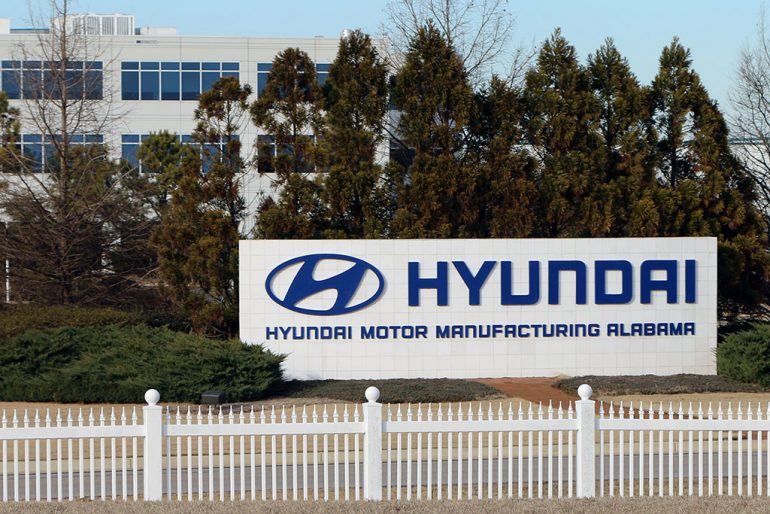
Hyundai Motor has announced plans to increase wages for nonunion production workers at its Alabama factory by 25% by 2028, following recent agreements reached by the United Auto Workers (UAW) with major U.S. automakers. This move aligns Hyundai with industry trends, as Toyota and Honda have also committed to raising U.S. factory wages in the wake of the UAW’s successful negotiations with General Motors, Ford, and Stellantis.
The Korean automaker’s decision comes as part of an effort to stay competitive and attract and retain top talent. Hyundai, which produces vehicles such as the Santa Fe, Tucson, Santa Cruz, and Genesis GV70 in Montgomery, Alabama, aims to ensure that its workforce remains motivated and satisfied. With a forthcoming raise scheduled for January, the 4,000 hourly workers at the Alabama facility will have seen a 14% increase in wages over the past 12 months.
Also, don’t forget that you can get discounted new car pricing with a free quote through qualified local dealer partners.
Additionally, Hyundai Motor Group plans to implement higher wages at its upcoming electric-vehicle factory in Georgia, set to open in 2025. This strategic move reflects the industry’s recognition of the need to adapt to evolving labor dynamics and remain appealing to skilled workers.
Honda, another major automaker, recently announced an 11% pay hike for U.S. production workers, effective January, and reduced the time for factory workers to reach the top wage tier to three years from six. This decision mirrors a key concession secured by the UAW in its negotiations. The pressure on nonunion automakers to enhance pay and benefits has intensified following the landmark contracts negotiated by the UAW in late October, prompted by a significant strike that lasted six weeks.
U.S. President Joe Biden expressed support for the UAW’s efforts to unionize Tesla and Toyota during his recent visit to Illinois. He emphasized the belief that all U.S. auto workers deserve agreements similar to those reached between the UAW and the Detroit Three. This sentiment echoes a broader push for fair compensation and working conditions within the automotive industry.
As the landscape of labor relations in the U.S. auto sector evolves, the decisions by Hyundai, Toyota, and Honda to raise wages underscore the growing influence of the UAW and the collective push for better compensation and working conditions for all auto workers. The ongoing ratification process by UAW workers will further determine the impact and sustainability of these changes within the industry.